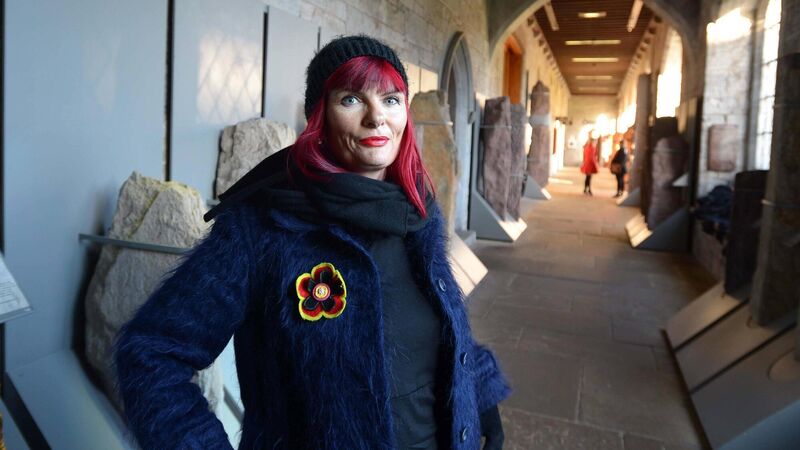Suzanne Harrington: Forget 'rizz', my word of the year is 'overwhelm'

Suzanne Harrington: "Have you got your own personal word to sum up the year?" Pic: Denis Scannell
It’s that time of year when – in a bid to save ourselves from losing our shit in the over-scented gift box aisle of overheated shops because they’re playing Last Christmas again – we may try to distract the remains of our brain with something that has become an annual ritual: words of the year, chosen by the compilers of dictionaries.
What began in Germany in 1971 went English-speaking dictionary mainstream in 2003; this year, in keeping with the dystopian hellscape theme of 2023, they mostly relate to AI.









